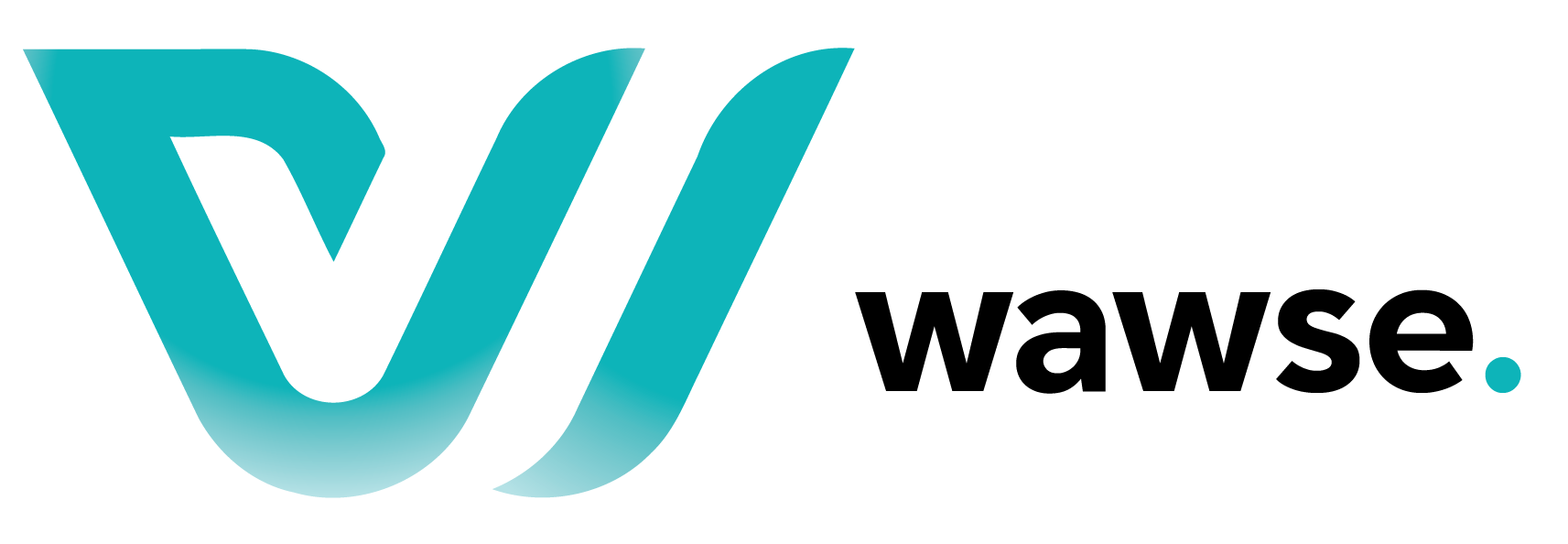I was starting to explore AI, and the very first question that I had in my mind was: Will artificial intelligence take over the world? What I learned was to get to the bottom of the phenomenon of AI. Discover its role in the world economy, employment, and power makeup.
This in-depth and factual blog presents the latest developments. How AI is affecting global economies, shifting markets, and remodelling geopolitical landscapes.

Along with automation and increased productivity, safer working conditions, ethical risks, and in AI-centered surveillance, we explore the advantages, difficulties, and the impact of AI on society in the long term.
Have a comprehensive understanding of AI and how will AI affect the economy. Let’s get started.
AI and economics: Will artificial intelligence take over the world
Artificial intelligence (AI) is no longer the idea of science fiction films. It is here, expanding very fast, and is already changing the way we work, live, and socialize.
AI is being used in our day-to-day lives. To everything, be it voice assistants, self-driving cars, or even finance.
However, all these changes lead to a very common question:
Will artificial intelligence take over the world?
More precisely, what will be the economic transformations of AI? As well as the consequent shifts in the job market and the global systems?
Forgetting about hype and looking at the real side of the coin. That is supported by facts, data, and opinions of experts. But again question comes:
What does taking over the world exactly mean?
First of all, let’s get a grasp of what the idea is behind what people mean when they say they want to take over the world.
To others, it is about replacing jobs so that AI will bring mass unemployment.
In the eyes of other people, it is universal domination. Will the AI be more intelligent than human beings and control the systems on its own?
And, lastly, from an economic point of view. How does AI affect industries, development, and international relations of power?
Today, in this blog, we will look at these layers in order to shed more light on the reality of AIs and not just the myths.
AI and its impact on global economic systems
Will artificial intelligence take over the world? Let’s view this question from an economic perspective now:
Artificial intelligence is transforming economies on both minute and colossal scales. Its arm extends to automation and even predictive analytics.
1. Automation of work and Productivity Increases
A report issued in the spring of 2023 by McKinsey Global Institute states that
“AI has the potential to contribute up to 4.4 trillion dollars a year to the global economy. A large part of this increase is because of automation and efficiency (Chui & Yee, 2023).
The manufacturing, logistics, and retail industries are losing their usual jobs to AI.
White collar occupations, such as data analysis, customer care, or even writing. They are partly automated with the help of AI.
However, increased productivity does not mean job loss. It usually generates new kinds of work.
To believe that workers will be substituted by AI is not right. The latter will not use AI, but their employers will replace them with those who do. No one is born a programmer or a software engineer.
Everybody is born a human being, and then we learn how to be programmers or software engineers. And then we learn how to write computer programs, that is, “Andrew Ng, AI Pioneer.”
2. Artificial Intelligence Jobs and Creation
Although some roles are automated by AI, AI also builds roles. The need is on the increase:
- Machine learning experts and AI programmers
- Cybersecurity analysts
- Data scientists
- Prompt engineers
- Moral artificial intelligence consultants
The growth of AI is also rising in sectors like:
- Industry-agriculture-image
- autonomous delivery
- AI in medical care.
What Future is AI to the Economy? Economic impact of AI
Here is what future of AI to economy look like:

1. Change of World Economic Powers
Countries are putting a lot of pressure on AI. such as the U.S., China, and South Korea, are expected to dominate the latter economies of the world. PwC believes that in China alone, AI has the potential to deliver up to 26 of GDP growth by 2030.
This introduces an AI gap:
Nations that embrace the change will prosper, and others can be doomed to stay outdated.
2. Redefinition of Labor Markets
Artificial intelligence will modify which skills are useful in the labor market. The manual labor and menial mental effort will not be needed that much. And more value will be added to creativity, critical thinking, and emotional intelligence.
To avoid the displacement of jobs:
- Upskilling and reskilling of the workers will be required.
- Being digitally literate will be as important as reading and doing math.
- Preparation for this shift will require the cooperation between governments, educators, and employers.
Will AI take over the world militarily or politically?
Now, let’s view this question, “Will artificial intelligence take over the world?” regarding military and political perspectives:
1. National Defense AI
The developed countries have already created:
AI-advanced drones, spy gear, and even cyber weapons. This poses ethical and strategic questions:
- How do you have control over AI weapon systems?
- Is it possible to guard against autonomous war decisions?
2. Artificial Intelligence and Surveillance States
Mass surveillance is also done through AI. Countries like China have already deployed AI. To identify faces and predict behaviors, and monitor crowds. Though this can make society safer, it is a civil rights issue.
AI, without controls, may lead to the surveillance and misguiding of people. It can even lead to the oppression of people. International laws and democracies would have to change with technology.
The Future of Human Intelligence and AI
Here is what the future looks like:
1. Are Artificial Intelligence smarter than human intelligence?
Artificial General Intelligence (AGI) refers to a form of AI that can think and learn like a human being. It does not excel at a single thing; it can do lots of things as humans do.
Unless we can have it in the next decade or two. The prospect of AGI has been contentious, and some are thrilled and frightened.
Major thinkers such as Elon Musk and Stephen Hawking have helped spur debate on the safe development of AGI.
2. The Art of Innovation and Control
Will artificial intelligence take over the world? Artificial intelligence is not something to be feared, though; it is how it is used (or misused) that counts. With strong governance, AI can be an effective tool instead of a threat.
Due to this,
Global AI governance frameworks are being promulgated by many countries and organizations nowadays.
The last conclusion: Will Artificial Intelligence take over the world?

- The world is not going to be captured by AI, like in films, but it will alter it in a major way.
- Some of the jobs will be automated by AI, but new ones will be created, so adaptability and reskilling will be a must.
- It can disrupt power balances globally. But it depends on the mode that the countries embrace and control the technology.
- The ethical aspect of its development should be framed with human values. So that it cannot be exploited at the expense of everyone.
At last, AI is not a dictator, but a tool; it can not do anything on its own without instructions. Its consequences are up to us in how it is constructed and managed.
The bad days of AI are over-and the future will only bring :
- Innovation
- International collaboration
- Human-focused design.
Secure your future in the new economy — visit Wawse!


